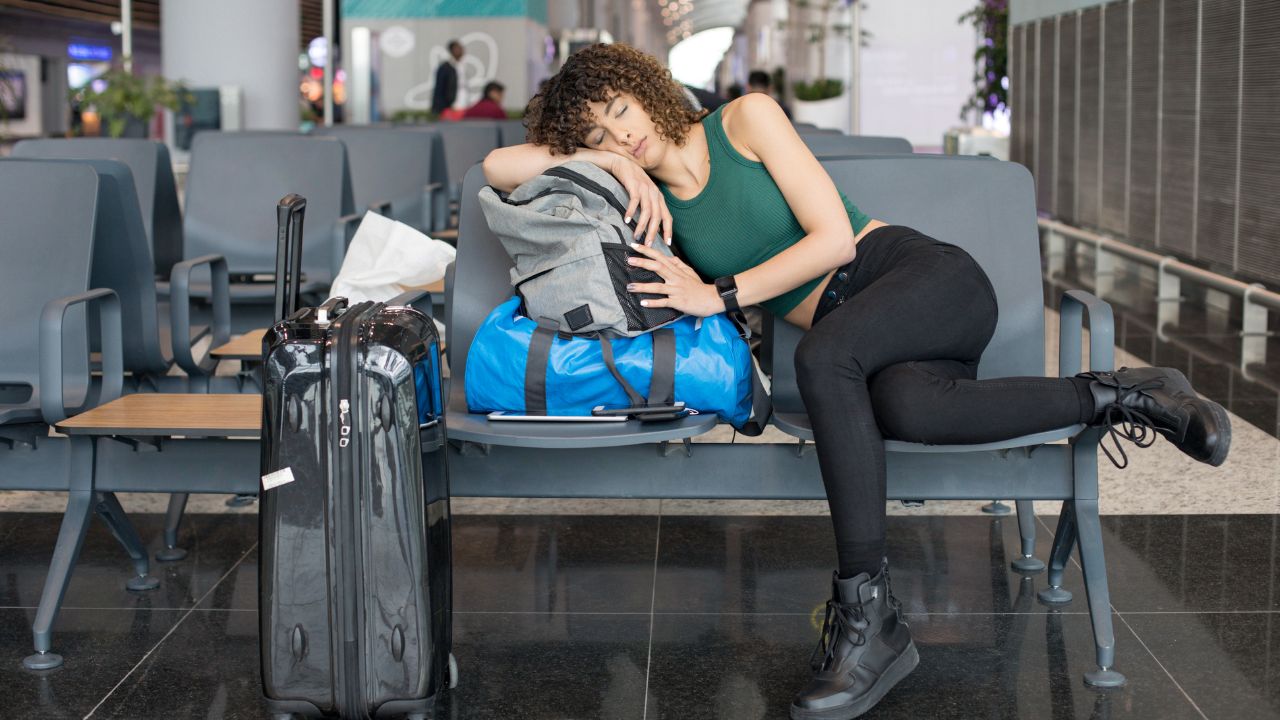In a time when 74% of adults worldwide suffer from chronic sleep deprivation, travellers are reshaping the idea of a vacation by choosing rest over packed itineraries. Sleep tourism, a booming segment within wellness travel, blends advanced technology with complementary practices to support better sleep. Whether it’s AI-powered sleep analysis or nature-immersive getaways, this trend speaks to a growing desire to “rest and recharge.” For modern explorers, the chance to come home genuinely refreshed, equipped with insights from wearables like the Ryze Element Smart Ring, is changing the way we experience travel.
Why Sleep Tourism is Booming
The post-pandemic shift towards holistic well-being has driven sleep tourism into a $690 billion industry, with a projected $400 billion growth by 2028. Unlike regular vacations, these experiences combine science and relaxation:
- Mental Health Awareness: With 62% of travellers now seeking stress-reducing trips, sleep optimisation has become a primary goal.
- Remote Work Flexibility: Hybrid work models make it easier for people to extend stays in wellness destinations, from Swiss sleep clinics to Himalayan meditation retreats.
- Tech Integration: Resorts now offer biometric tracking and personalised sleep insights, helping guests continue healthy habits long after their stay.
According to Hilton’s 2024 global survey of 10,000 travellers, 89% are now choosing vacations centred on “deep rest,” marking a clear move away from high-energy itineraries towards restorative escapes.
Top Destinations for Sleep Tourism
1. Conrad Chia Laguna Sardinia, Italy
This Hilton location provides anti-stress programs that include yoga, meditation, and meal plans tailored to support natural circadian rhythms. Guests also receive sleep-tracking reports that highlight potential disruptions, such as excessive screen time.
2. Swiss Sleep Laboratories, Switzerland
Clinics in this region combine advanced sleep studies like polysomnography with rejuvenating Alpine forest bathing. Following assessment, travellers are given personalised recommendations, from moderating caffeine consumption to fine-tuning their bedtime routines.
3. Digital Detox Retreats, Costa Rica
Nosara's unplugged eco-lodges reset circadian cycles with morning yoga, grounding exercises, and nature sounds. According to a 2025 study, guests average 1.5 hours more deep sleep after their retreat.
How to Improve Sleep While Traveling
Pre-Travel Preparation
Begin adjusting your sleep schedule 3–4 days prior to travel to reduce jet lag. Apps like Ryze Above’s Sleep Analytics can simulate ideal bedtime adjustments based on your destination’s time zone.
Mindful Tech Use
Reduce blue light exposure at least 90 minutes before bedtime. To help with the shift, properties such as Signia by Hilton Atlanta provide "wellness rooms" complete with red-light bulbs and meditation pillows.
Leverage Local Therapies
Experience Japan’s shinrin-yoku (forest bathing) or Iceland’s geothermal silica mud baths, both shown to reduce cortisol levels by 16%.
The Role of Wearables in Sleep Tourism
Devices like the Ryze Element Smart Ring are transforming how travellers monitor their sleep. Unlike bulky smartwatches, this lightweight wearable monitors:
- Sleep Stages: Accurately identifies REM, deep, and light sleep patterns.
- Environmental Factors: Tracks room temperature and noise levels and recommends ideal adjustments.
- Recovery Metrics: Measures heart rate variability (HRV) to suggest activity levels or rest days.
With a 6-day battery life and 5 ATM water resistance, it’s perfect for poolside naps or post-hike recovery. Data is synced to the Ryze app, which provides insights such as the best times to go to bed depending on time zone changes.
Ready to Transform Your Travels?
Sleep tourism is a path to long-term well-being, not merely a passing trend. Whether you're relaxing in Sardinia or trying out new technology, Ryze Above can help you get a better night's slumber. Discover how to track your sleep like an expert with the Ryze Element Smart Ring.

